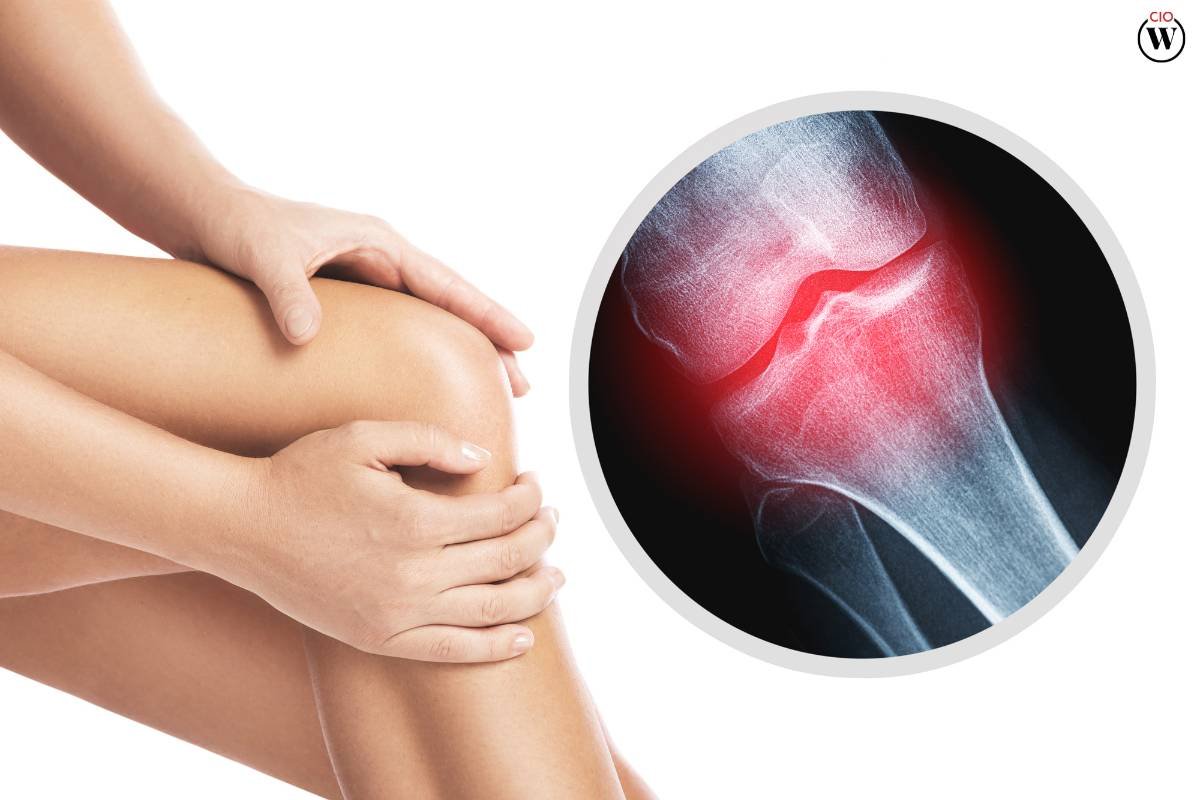Menopause marks a significant transition in a woman’s life, typically occurring between the ages of 45 and 55. This natural biological process signals the end of a woman’s reproductive years and is characterized by the cessation of menstruation and a decline in the production of hormones such as estrogen and progesterone. While menopause itself is a normal part of aging, many women experience what is often referred to as “rapid aging after menopause,” a phenomenon where signs of aging seem to accelerate following this transition.
The Biological Basis of Rapid Aging After Menopause
The concept of rapid aging after menopause is closely linked to the hormonal changes that occur during this period. Estrogen, in particular, plays a crucial role in various bodily functions beyond reproduction. It helps maintain bone density, supports skin elasticity, regulates cholesterol levels, and influences mood and cognitive function. When estrogen levels drop significantly after menopause, the body undergoes several changes that can contribute to the perception and reality of accelerated aging.
1. Bone Density and Osteoporosis:
One of the most significant effects of reduced estrogen is the loss of bone density. Estrogen helps in the absorption and retention of calcium in the bones. Post-menopause, women are at a higher risk of developing osteoporosis, a condition where bones become brittle and fragile. This increased susceptibility to fractures and bone loss is a prominent aspect of rapid aging after menopause.
2. Cardiovascular Health:
Estrogen also has a protective effect on the cardiovascular system. It helps maintain healthy cholesterol levels by increasing high-density lipoprotein (HDL) and decreasing low-density lipoprotein (LDL). After menopause, the risk of cardiovascular diseases such as heart attacks and strokes increases due to the decline in estrogen, contributing to the overall phenomenon of rapid aging after menopause.
3. Skin and Hair:
The skin is significantly affected by the reduction in estrogen. Collagen production decreases, leading to reduced skin elasticity and the appearance of wrinkles and fine lines. Additionally, the skin becomes thinner and more prone to bruising. Hair may also become thinner and drier, adding to the signs of rapid aging after menopause.
4. Cognitive Function:

Some studies suggest a link between estrogen levels and cognitive function. The decline in estrogen may contribute to memory lapses and difficulties with concentration. While research is ongoing, these cognitive changes are another aspect of rapid aging after menopause that many women experience.
Managing the Effects of Rapid Aging After Menopause
Understanding the underlying causes of rapid aging after menopause can help women take proactive steps to manage its effects. While the aging process cannot be stopped, certain strategies can mitigate its impact and improve overall quality of life.
1. Hormone Replacement Therapy (HRT):
Hormone Replacement Therapy is one option for managing the symptoms of menopause and its aftermath. HRT can help replenish estrogen levels, alleviating some of the symptoms associated with rapid aging after menopause, such as hot flashes, night sweats, and vaginal dryness. However, HRT is not suitable for everyone and may carry risks, so it is essential to discuss this option thoroughly with a healthcare provider.
2. Bone Health:

To counteract the loss of bone density, women should focus on a diet rich in calcium and vitamin D. Weight-bearing exercises, such as walking, jogging, and resistance training, are also beneficial for maintaining bone health. In some cases, doctors may recommend medications to help preserve bone density and prevent osteoporosis.
3. Cardiovascular Care:
A heart-healthy diet, regular physical activity, and avoiding smoking are crucial for maintaining cardiovascular health. Regular check-ups with a healthcare provider can help monitor and manage cholesterol levels and blood pressure, reducing the risk of cardiovascular diseases associated with rapid aging after menopause.
4. Skin Care:
Maintaining skin health can involve using moisturizers, sunscreens, and products containing retinoids to improve skin texture and reduce the appearance of wrinkles. Staying hydrated and avoiding excessive sun exposure are also important measures to protect the skin.
5. Cognitive Health:
Engaging in activities that stimulate the brain, such as puzzles, reading, and learning new skills, can help maintain cognitive function. Regular physical activity and a healthy diet are also beneficial for brain health. In some cases, cognitive behavioral therapy or other forms of mental health support can help manage any mood changes or cognitive difficulties associated with rapid aging after menopause.
Emotional and Psychological Impact of Rapid Aging After Menopause
The physical changes associated with rapid aging after menopause can have significant emotional and psychological effects. Many women may feel self-conscious or distressed about the visible signs of aging and the accompanying health issues. It is essential to address these emotional aspects to ensure a holistic approach to managing menopause and its effects.
1. Support Systems:
Having a strong support system is crucial. This can include family, friends, or support groups where women can share their experiences and feelings about menopause and aging. Knowing that others are going through similar experiences can be comforting and empowering.
2. Professional Help:
Counseling or therapy can be beneficial for dealing with the emotional impact of rapid aging after menopause. Mental health professionals can provide strategies to cope with stress, anxiety, and depression that may arise during this time.
3. Self-Compassion:

Practicing self-compassion and focusing on self-care can help women navigate this transition more positively. This includes taking time for activities that bring joy and relaxation, as well as maintaining a healthy lifestyle.
Conclusion
Rapid aging after menopause is a multifaceted phenomenon influenced by hormonal changes, particularly the decline in estrogen levels. This process affects various aspects of health, including bone density, cardiovascular health, skin elasticity, and cognitive function. While the aging process cannot be entirely halted, understanding the underlying causes and implementing proactive measures can help manage its effects.
By focusing on hormone replacement therapy, maintaining bone and cardiovascular health, adopting a rigorous skincare routine, and stimulating cognitive function, women can mitigate some of the challenges associated with rapid aging after menopause. Additionally, addressing the emotional and psychological impact through support systems, professional help, and self-compassion is crucial for overall well-being.
Ultimately, menopause is a natural phase of life, and with the right strategies and support, women can navigate this transition with confidence and grace. Embracing the changes and focusing on health and self-care can help women thrive during and after menopause, ensuring a high quality of life in their later years.








